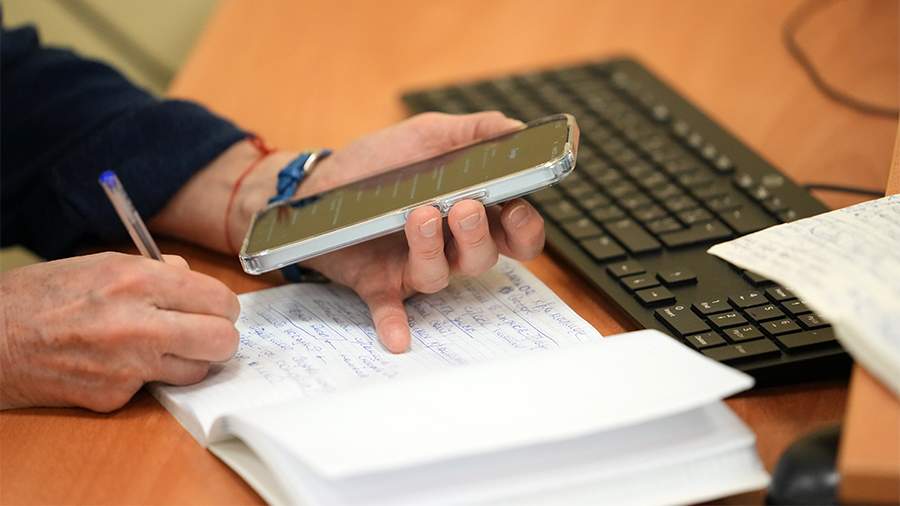The Russians named the reasons that motivated them to study

The majority of Russians (90%) are engaged in self-education, while one in three prefers to study in the evenings. Such data was shown by a joint survey of the educational platform "Netologiya" and the online campus of the Higher School of Economics. The results were reviewed by Izvestia on June 4.
According to the study, 34% of respondents choose to study in the evening, 17% study on weekends, and 14% study during the working day. Another 12% study spontaneously when they have free time. Morning and night classes are popular with 9% and 4% of respondents, respectively.
"We are witnessing a transition from the trend towards lifelong learning to point-based and informed learning. People are increasingly studying to solve specific tasks, for example, to improve their skills or master a new profession. Self—education is becoming not just an advantage, but a necessary routine," said Yulia Remezova, Director of Online Learning at the Higher School of Economics.
The main motives for learning are general development (40%), learning a new profession (34%) and learning languages (31%). At the same time, 41% of Russians study only when a specific task appears, and 17% cannot imagine life without constant self-development.
"Now we see a new vector: people are striving to strengthen themselves within their field by choosing short courses, developing specific skills and learning that is easy to integrate into their daily schedule. Demand is being redistributed in favor of short—term advanced training programs (Upskill) — they allow for targeted professional development without serious expenditure of time and money," said Harry Markovsky, Academic Director of Netology.
Among the barriers, respondents named lack of time (28%), financial constraints (16%) and lack of motivation (13%). However, 14% said they had already successfully integrated learning into their lives and were not experiencing difficulties.
Earlier, on May 28, Sima Musatova, the founder of the LUMO communication agency and candidate of psychological Sciences, gave advice on filtering the information flow in an interview with Izvestia. According to her, the first step to information balance is awareness: you need to think about why you consume this or that information.
Переведено сервисом «Яндекс Переводчик»

